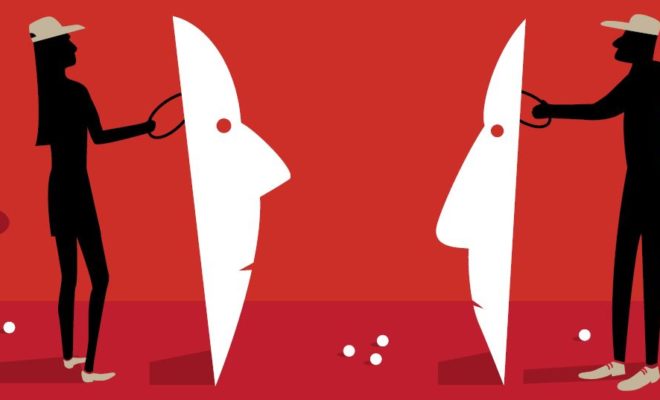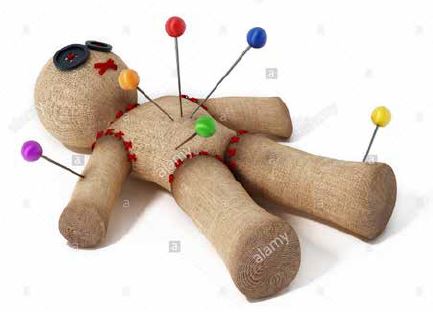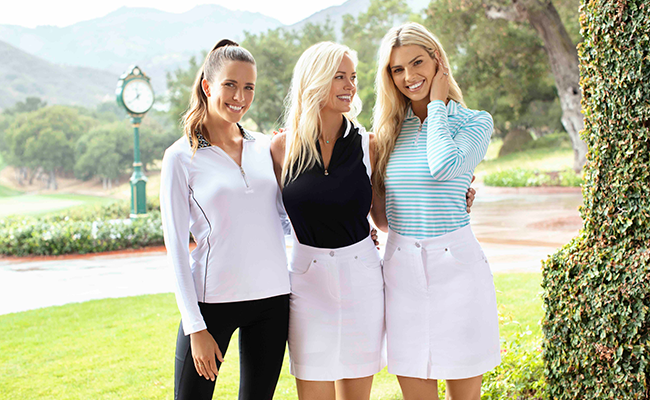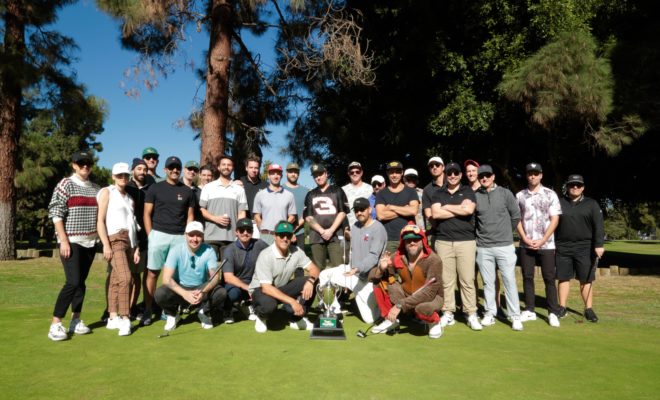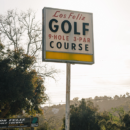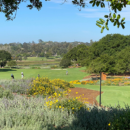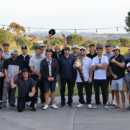Fizzy Math: The Hard Seltzer Market is Bubbling Over
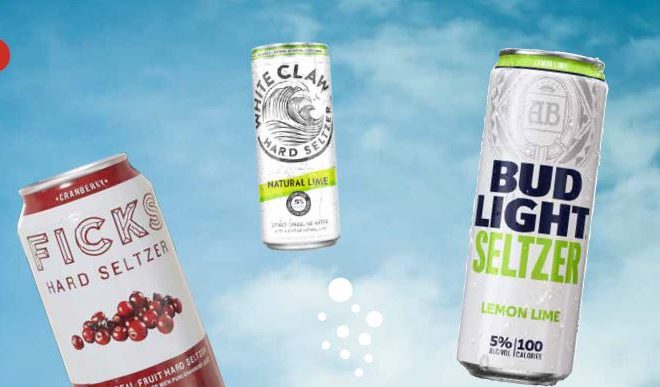
Your favorite game just got, well, harder. Cutting into the standard swig of the light beer market, fruit-flavored, sparkling spiked seltzers are proving a perfect pairing for a round of golf. Sold in cans and generally sporting about 5 percent alcohol by volume, the hard seltzer market looks to crest $3 billion in U.S. sales for 2020.
From big-boy producers to regional, handcrafted products, the hard seltzer scene is in full swing. Among the biggest-selling brands are White Claw, Truly and Bon & VIv.
“Over the past two years, Bon & VIV has grown by nearly 20 times in Southern California and, in certain markets like Los Angeles, it’s surpassed that growth,” says Lana Kouznetzov, vice president of marketing for Beyond Beer at Anheuser-Busch, which makes Bon & VIV .
With black cherry and grapefruit as its most popular SoCal sellers, the low-sugar and low-calorie count of these seltzers is part of the allure for those tracking intake with Bon & VIV products and beyond.
“Shoppers are switching to seltzer from wine most frequently, followed by light beers; it’s driven by a need for lighter, refreshing beverages with lower sugar,” Kouznetzov says, noting that Bon & VIV began appearing at SoCal courses in 2018. “And when on the course, golfers are looking for something refreshing and sessionable to last the full 18 holes.”
In the sunny sizzle of the Coachella Valley, growth of hard seltzer has come by way of the beverage cart.
“We started carrying hard seltzer based on player demand; we had a lot of golfers asking us for hard seltzer, and it’s proven really popular,” says Michael Cripe, head golf professional at Marriott’s Shadow Ridge GC in Palm Desert.
The course began offering the seltzer market’s biggest seller, White Claw, in November last year. Indian Wells Golf Resort started selling Truly Hard Seltzer produced by the Boston Beer Co. around the same time. And though the market has seen its most robust interest via the millennial set, Cripe says that the club’s Claw sales have been seen across the demographics board.
“For both our drink cart and our food and beverage operation, it’s started to take over the light beer market,” he says. “It’s interesting to see the trend; instead of golfers asking for a Miller Light, they’re starting to ask for hard seltzer. And it really is a great fit for golf, especially when it gets warmer. It’s smoother to drink, refreshing, and not as filling as having a beer.”
And it’s not just the industry’s giants enjoying the seltzer surge.
Based in San Francisco and produced in Sonoma, Ficks Beverage Co. is California’s first hard seltzer company. Laying claim to the only seltzer product made with pure fruit juice (they call it the “farm to fizz” movement), Ficks, which debuted in 2018, purveys four hard seltzer options, including lime, blackberry, grapefruit and cranberry.
“When I first started selling our product, nobody really knew what I was talking about,” says Ficks’ CEO, Ron Alvarado. “Several distributors told me, ‘I don’t think that’s gonna be a thing.’ And now they’ve come around. So much so that a lot of distributors and retailers are taking what was beer space and replacing it with hard seltzer.”
Dietary interests are part of the charge, and while the fizz market — wine coolers, hard sodas, iced drinks — has seen its share of trends, hard seltzers are showing no signs of going flat.
“Beer is going down in consumption, especially light beer over the past decade,” continues Alvarado, whose product is finding growth across the West. “What’s happening, I think, is that while light beer is low in calories and carbs, a lot of people aren’t too loyal to it. Now the flavored malt beverage market is siphoning off people from all categories, but especially with beer.”
IT’S INTERESTING TO SEE THE TREND; INSTEAD OF GOLFERS ASKING FOR A MILLER LIGHT, THEY’RE STARTING TO ASK FOR HARD SELTZER. AND IT REALLY IS A GREAT FIT FOR GOLF, ESPECIALLY WHEN IT GETS WARMER.”
In SoCal, Ficks is offered at multiple grocers, including Whole Foods. But Alvarado, himself a golfer, sees golf as a growth opportunity.
“It’s a market we really want to get into, because we feel the same when we play golf,” Alvarado concludes. “Where we’d drink a beer in the past, a hard seltzer is just lighter, say, on a hot Southern California day.”

